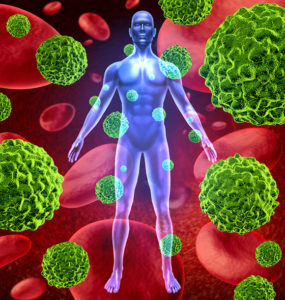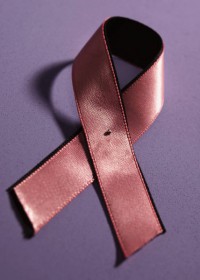
The sun’s rays can give you a nice golden glow, but they can also increase your risk for melanoma or skin cancer. With summer vacations in full swing, July has been designated as UV Safety Awareness Month to promote good skin care habits.
Tips to Protect Your Skin from Sun Exposure
- Use a broad-spectrum waterproof sunscreen that protects against both UVA and UVB rays, which have longer wavelengths to penetrate the ozone layer. Look for a sunscreen with a minimum sun protection factor (SPF) of 15 unless you’ll be outdoors for an extended period of time, in which case you should use SPF 30 or higher.
- Apply one ounce of sunscreen to all exposed areas approximately 30 minutes before heading outside. Reapply every two hours and more frequently if you’re spending time in the water.
- Wear a broad-brimmed hat to protect your face and scalp along with UV-blocking sunglasses.
- Avoid the sun during peak hours between noon and 4 PM. Stay in the shade whenever possible.
- Sunburn causes skin damage that can lead to the development of melanoma. Even if you’ve taken precautions, seek cover if your skin starts to become pink and tender.
Exposure to the sun can also hasten the development of wrinkles, leathery skin, eye problems and other signs of aging, which is another reason to use protection.
Fighting Melanoma with Immunotherapy for Cancer
At Issels®, our integrative immunotherapy for cancer treatments have helped patients diagnosed with melanoma, leukemia, breast cancer and all other forms. Contact us to learn more about why immunotherapy for cancer may be right for you.





